The past year and a half might have been rough, but we’re here to remind you that not every apocalypse involves watching Netflix and eating takeout in your pyjamas for months on end. Things could always be worse. A lot worse. Like, hordes-of-flesh-eating-corpses worse.
If the dead did rise up and take over the world, would you have what it takes to survive? There’s only one way to find out…
Surviving a zombie apocalypse is a challenge that requires quick thinking, resourcefulness, and a strong will to live. While the idea of a zombie apocalypse may seem far-fetched, planning for such a scenario can teach you valuable skills in disaster preparedness, self-reliance, and survival. Here’s a comprehensive guide on how to survive in a world overrun by the undead.
1. Understanding the Enemy
Before diving into survival tactics, it’s crucial to understand what you’re up against. Zombies, as commonly depicted in movies and books, are reanimated corpses driven by an insatiable hunger for human flesh. They typically have no higher brain function, so they don’t feel pain, fear, or fatigue. Their main advantage is their relentless pursuit of prey and the fact that they often attack in hordes. Knowing their weaknesses—such as limited mobility and vulnerability to head injuries—can give you an edge in surviving.
2. Preparation Before the Outbreak
The key to surviving a zombie apocalypse is preparation. Start by assembling a survival kit that includes essentials like non-perishable food, water, first aid supplies, flashlights, batteries, and weapons. A sturdy backpack is crucial for carrying these supplies if you need to move quickly. Additionally, stock up on basic tools like a multi-tool, duct tape, rope, and a fire starter. Knowledge is also a powerful tool, so learn basic survival skills such as first aid, navigation, and how to purify water.
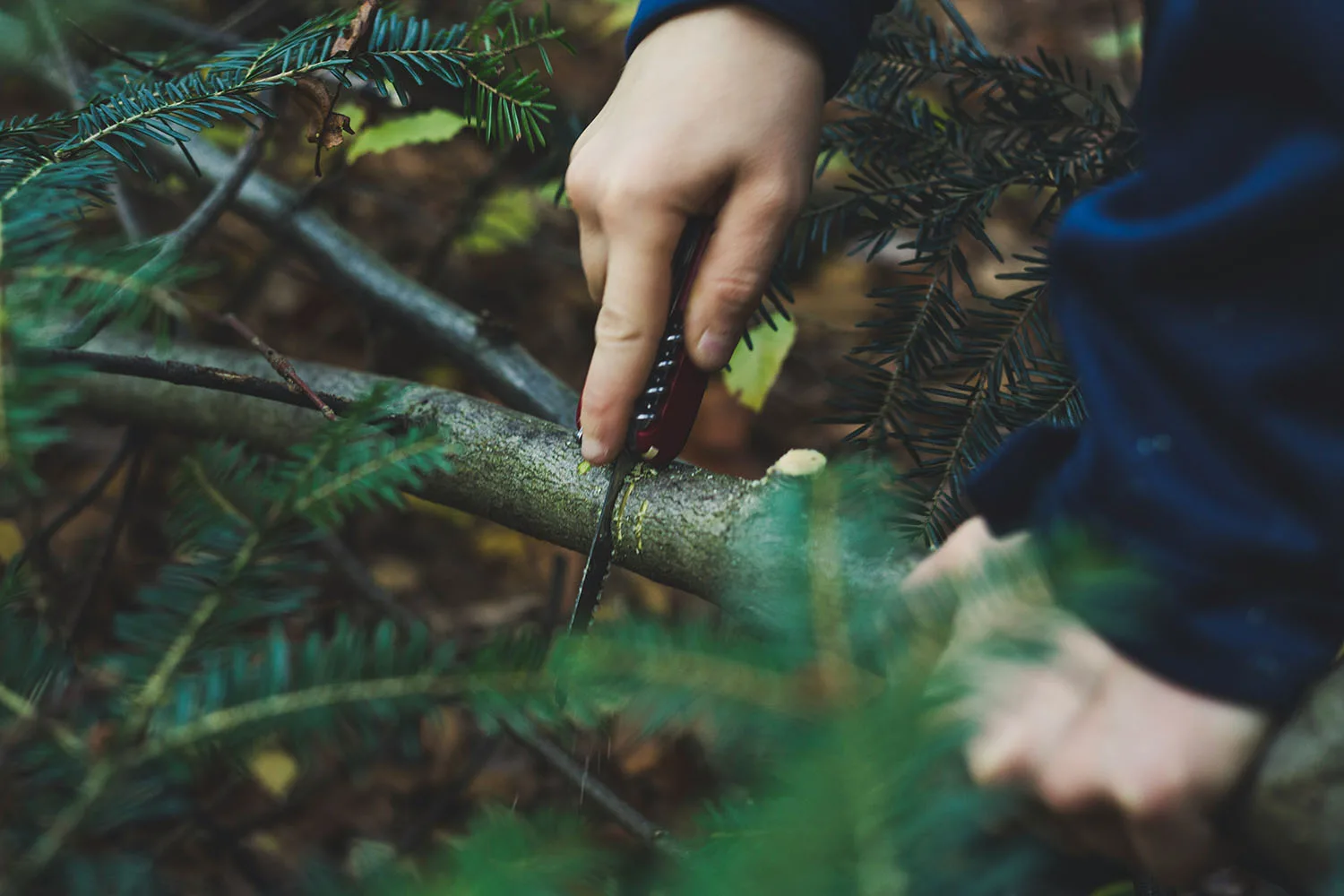
3. Securing a Safe Location
One of the first things to do when the apocalypse begins is to find a secure location. Ideally, this should be a place that is easy to defend, has access to resources, and is far from densely populated areas where zombies are likely to be more concentrated. Remote areas, high ground, or fortified buildings like warehouses or schools can be good options. Ensure that your location has multiple exits and can be easily fortified. Barricade doors and windows with heavy furniture or boards to prevent zombies from breaking in.
4. Forming Alliances
Surviving alone is possible, but forming alliances can significantly increase your chances of survival. A group can pool resources, share responsibilities, and provide protection. Choose your allies wisely—trustworthy, skilled individuals with diverse talents (medical knowledge, mechanical skills, combat training) are invaluable. However, be cautious; in a post-apocalyptic world, not everyone has good intentions. Establish clear rules and roles within your group to avoid conflicts.
5. Establishing Communication
In the chaos of a zombie apocalypse, communication is vital. Radios and walkie-talkies can help you stay in touch with your group or connect with other survivors. Keep your devices charged with solar chargers or hand-crank generators, and establish a set of codes or signals to communicate quietly in case you need to avoid drawing attention. Staying informed about what’s happening outside your immediate area can help you make better decisions, such as whether to stay put or move to a safer location.
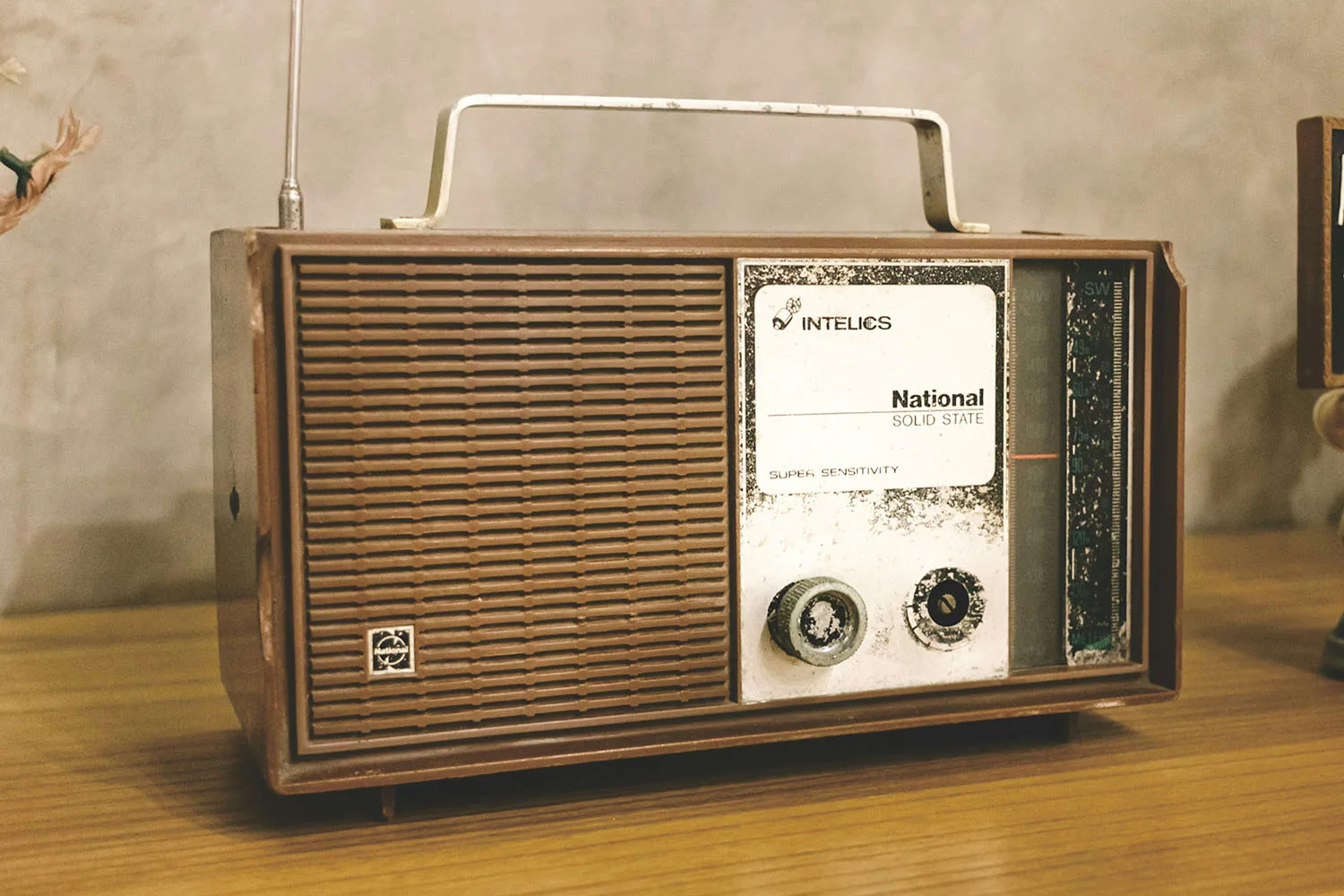
6. Staying Inconspicuous
In a world where danger lurks around every corner, the ability to stay unnoticed is crucial. Avoid drawing unnecessary attention to yourself or your group. This means staying quiet, traveling at night if possible, and using natural cover to conceal your movements. If you must engage with zombies, do so as quietly and efficiently as possible. Loud noises, such as gunfire, can attract more zombies and put you at greater risk.
7. Resource Management
In a prolonged zombie apocalypse, resources will be scarce, and managing them effectively can be the difference between life and death. Water and food should be rationed carefully. Learn how to purify water using basic methods like boiling, filtration, or using purification tablets. When it comes to food, prioritize high-calorie, non-perishable items that provide sustained energy. Hunting, fishing, and foraging for edible plants can supplement your food supply. Remember, overuse of resources can lead to depletion, so always plan for the long term.
8. Defense and Combat Strategies
When it comes to defending yourself against zombies, having the right weapons and knowing how to use them is crucial. Blunt objects like baseball bats, crowbars, or machetes are effective at close range and don’t require ammunition. Firearms are powerful but should be used sparingly due to their noise and the difficulty of obtaining ammunition. Always aim for the head, as destroying the brain is the only way to permanently incapacitate a zombie.
In combat, distance is your friend. Try to keep zombies at bay with long-range weapons like spears or bows if you have them. If cornered, fight strategically—use your environment to your advantage by pushing zombies into obstacles or using barriers to slow them down. Remember, running away is often a better option than standing your ground if you’re outnumbered or unarmed.
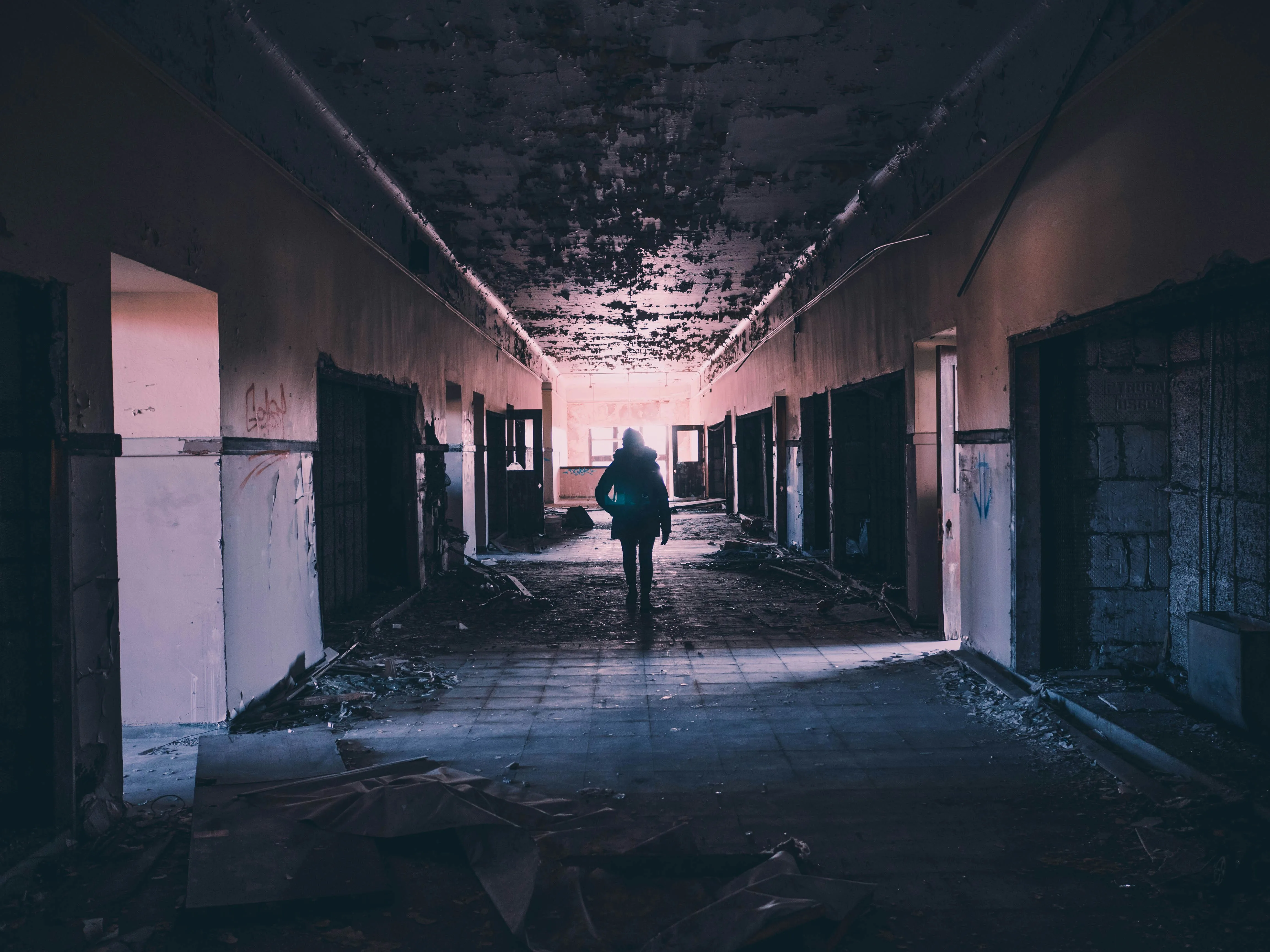
9. Dealing with Other Survivors
In a zombie apocalypse, zombies aren’t the only threat—you’ll also have to deal with other survivors, some of whom may be desperate or hostile. Approach unknown survivors cautiously and be prepared to defend yourself if necessary. Establish clear boundaries and protect your resources. However, not all encounters with other survivors need to be adversarial. Trading resources or information can be beneficial, but always ensure that you’re not being taken advantage of.
10. Mental and Emotional Resilience
The psychological toll of a zombie apocalypse can be overwhelming. Fear, stress, and the loss of loved ones can lead to despair and poor decision-making. Maintaining mental and emotional resilience is just as important as physical survival. Stay focused on your goals and take things one day at a time. Establish routines to create a sense of normalcy, and don’t isolate yourself—talking with your group can help alleviate some of the emotional burden. Remember that hope is a powerful motivator; focus on what you’re fighting for, whether it’s family, survival, or rebuilding a future.
11. Long-Term Survival
As time passes, the initial shock of the apocalypse will fade, but survival challenges will evolve. You’ll need to think about long-term strategies such as finding or creating a sustainable food source, securing a permanent shelter, and possibly even starting a new community. Farming, gardening, and raising livestock can provide reliable food sources. Secure a clean water source, and consider setting up rainwater collection systems. If your group grows, establishing roles and rules will help maintain order and increase the chances of long-term survival.
12. Adapting to New Realities
Finally, adaptability is key to surviving a zombie apocalypse. The world as you knew it will no longer exist, and clinging to old habits or expectations can be dangerous. Stay flexible in your thinking and be willing to change strategies as the situation evolves. Whether it’s finding new food sources, relocating to a safer area, or adjusting to the loss of technology and modern conveniences, those who adapt will be the ones who survive.
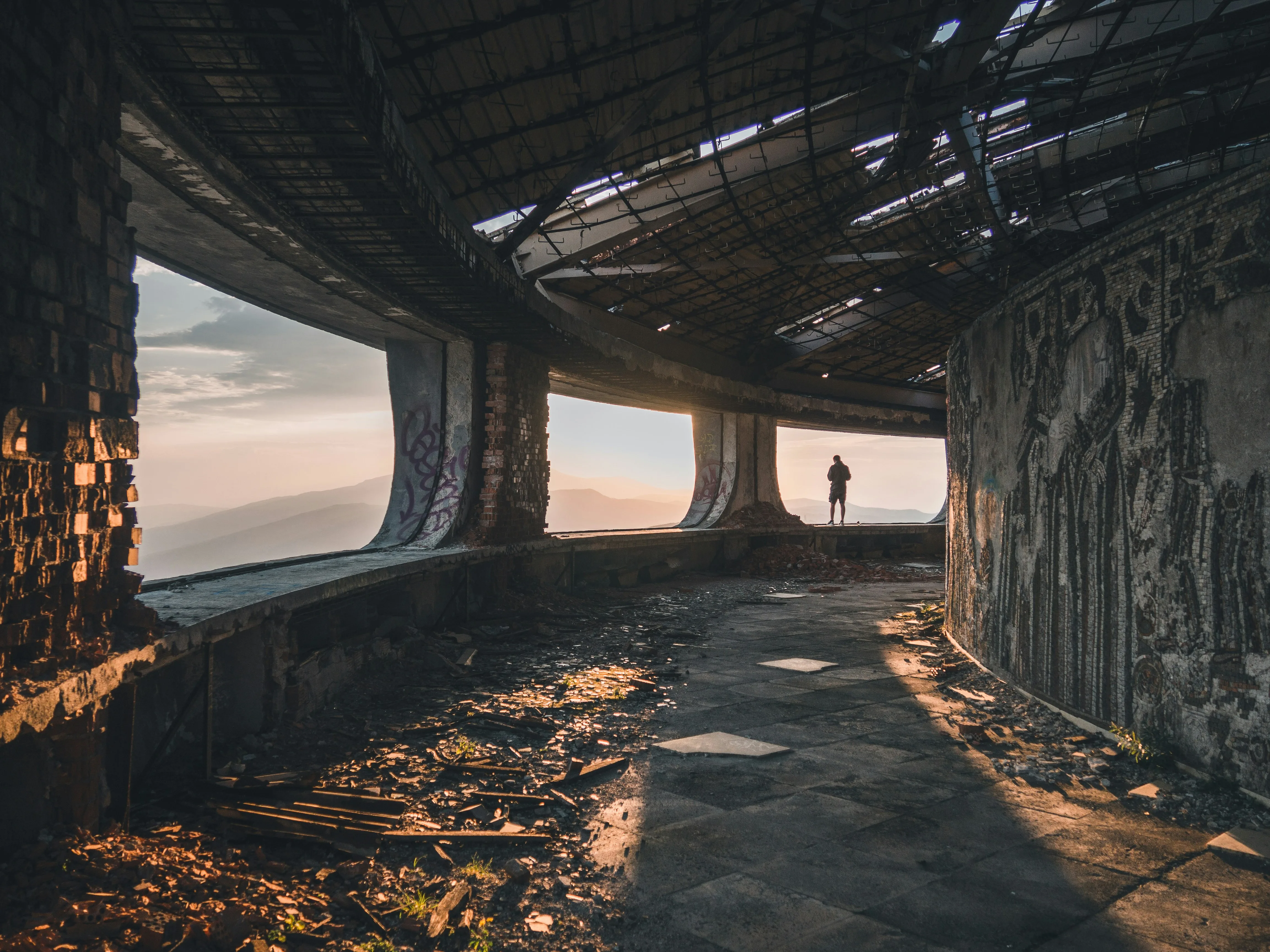

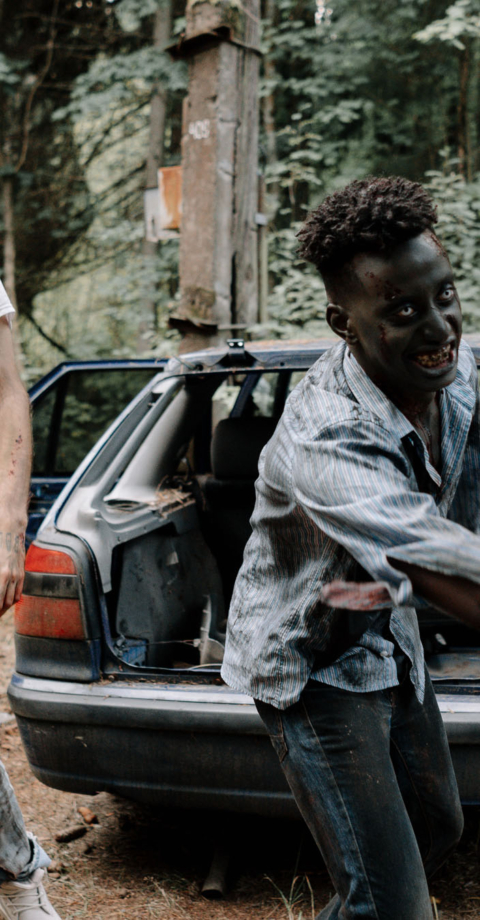


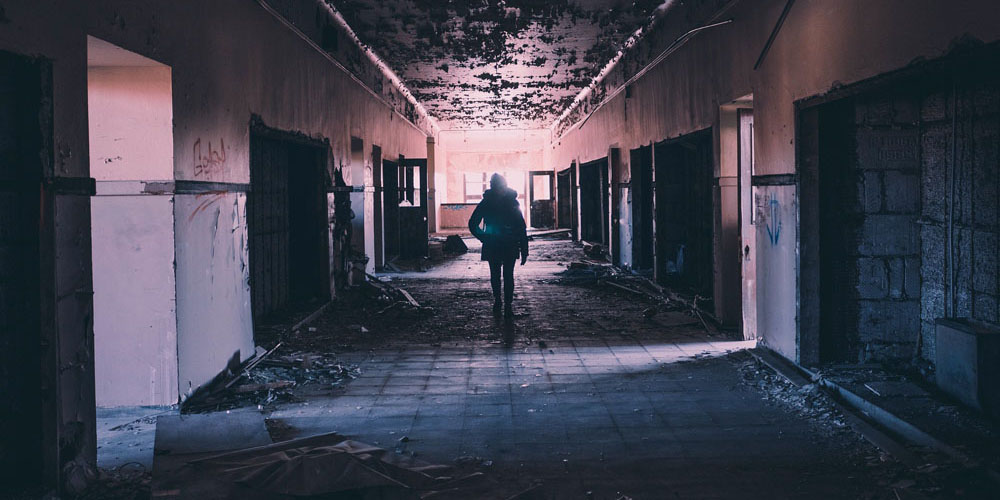
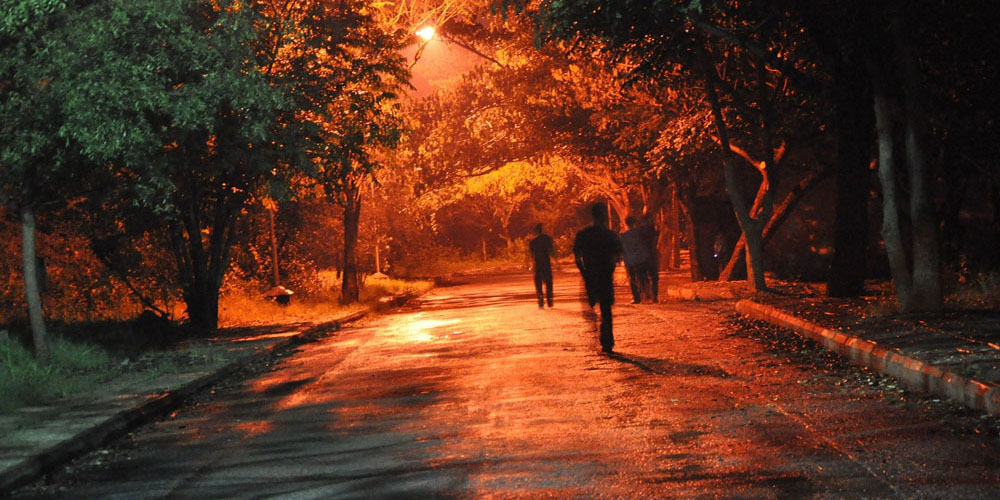


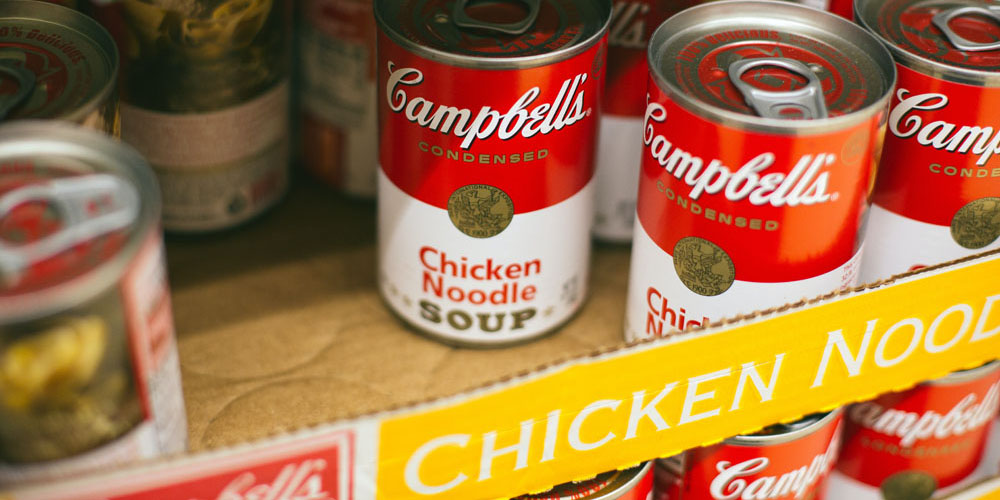

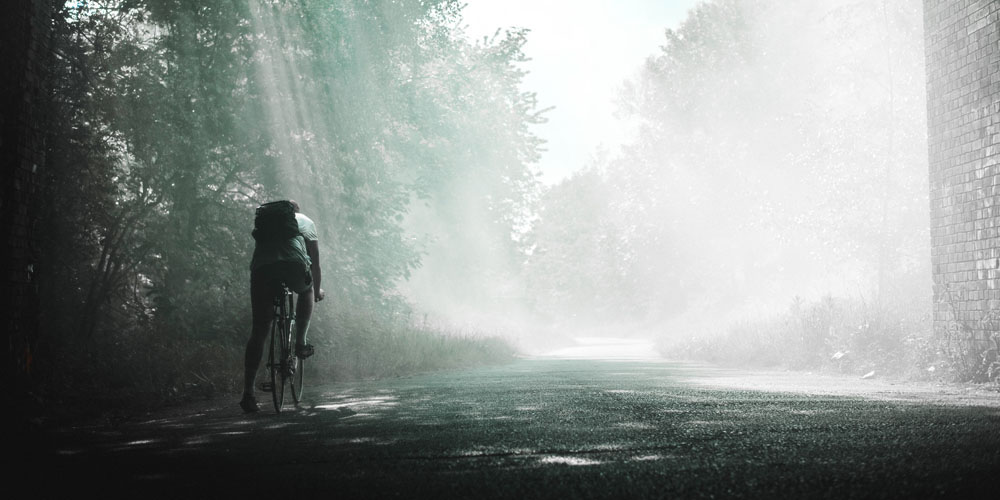

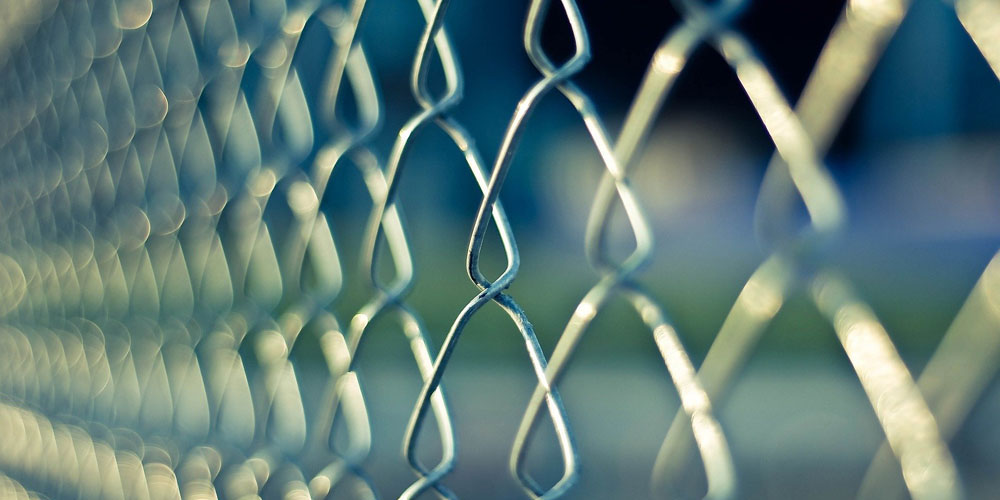
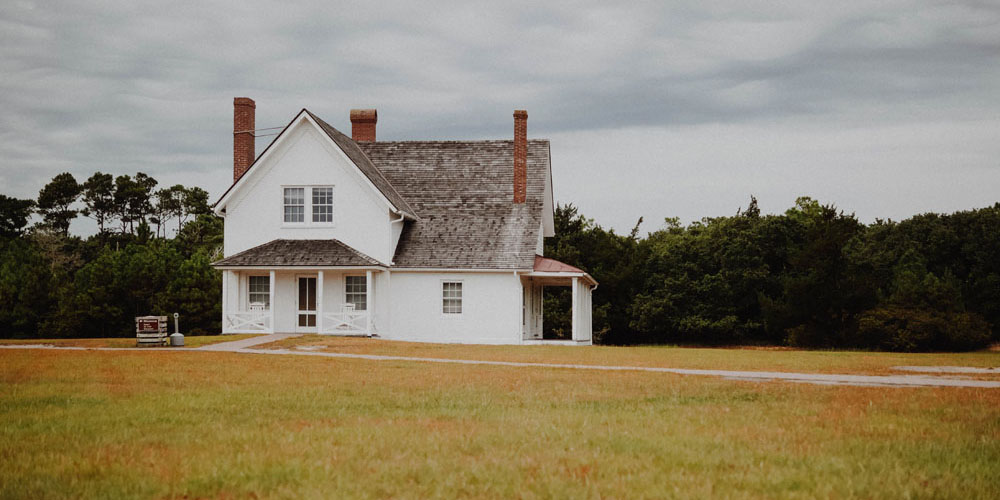
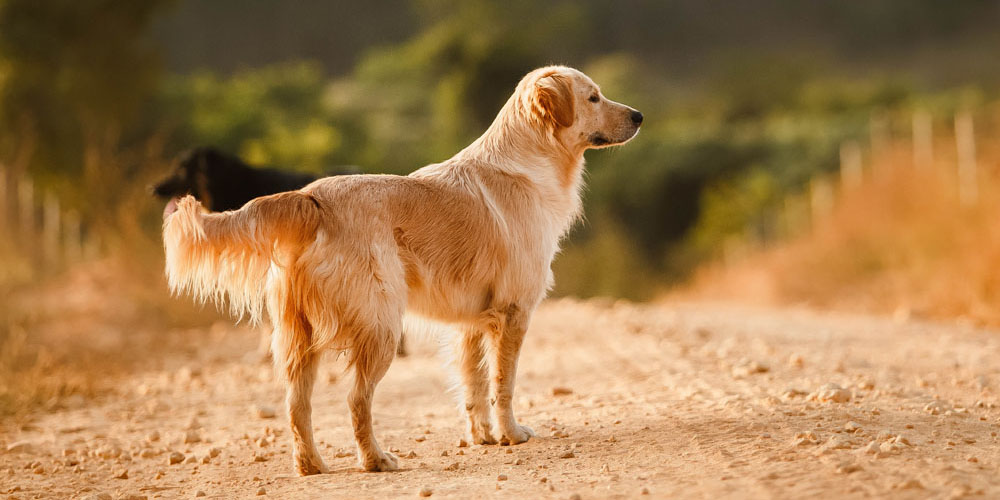
















Sorry, the comment form is closed at this time.